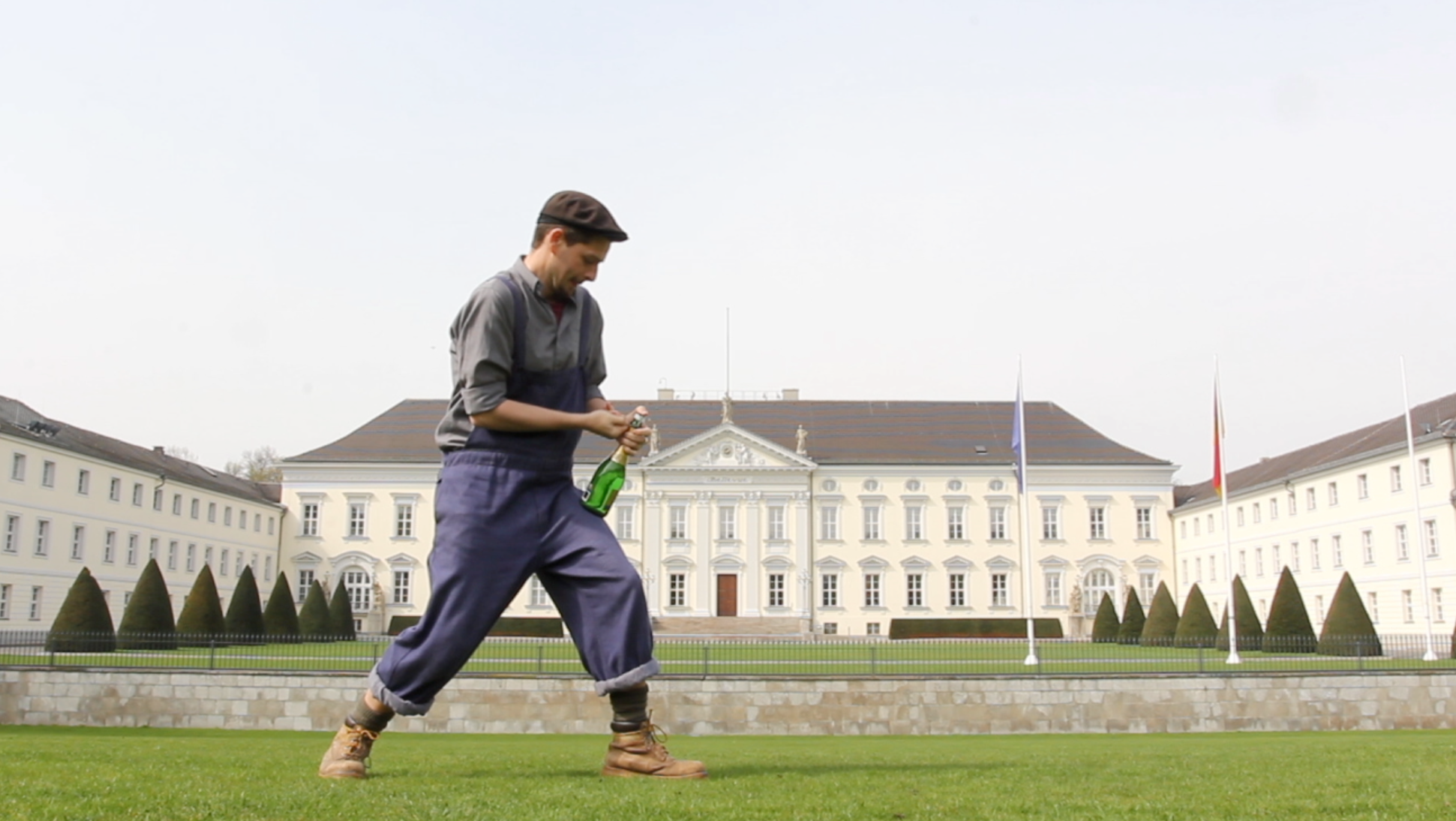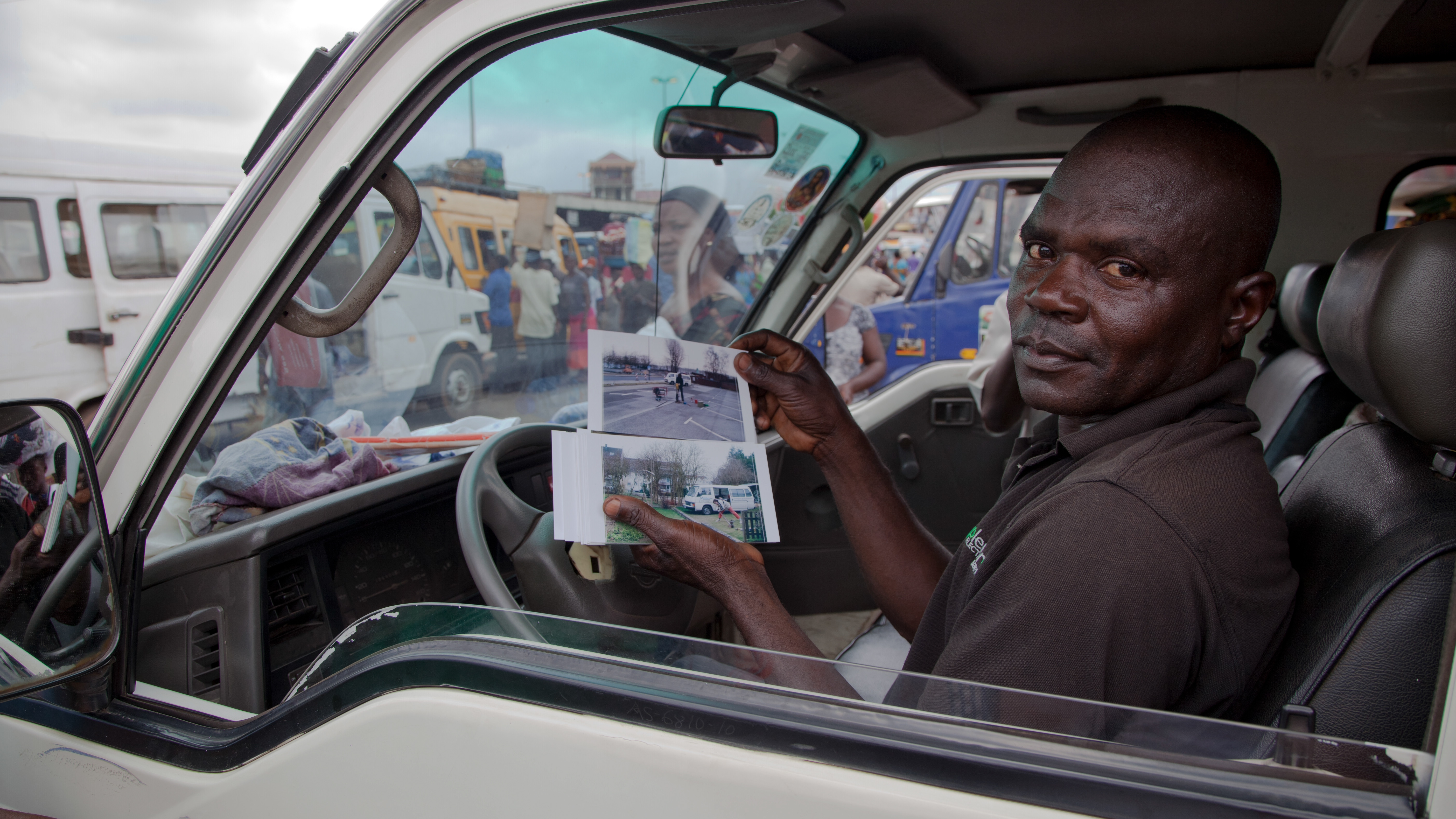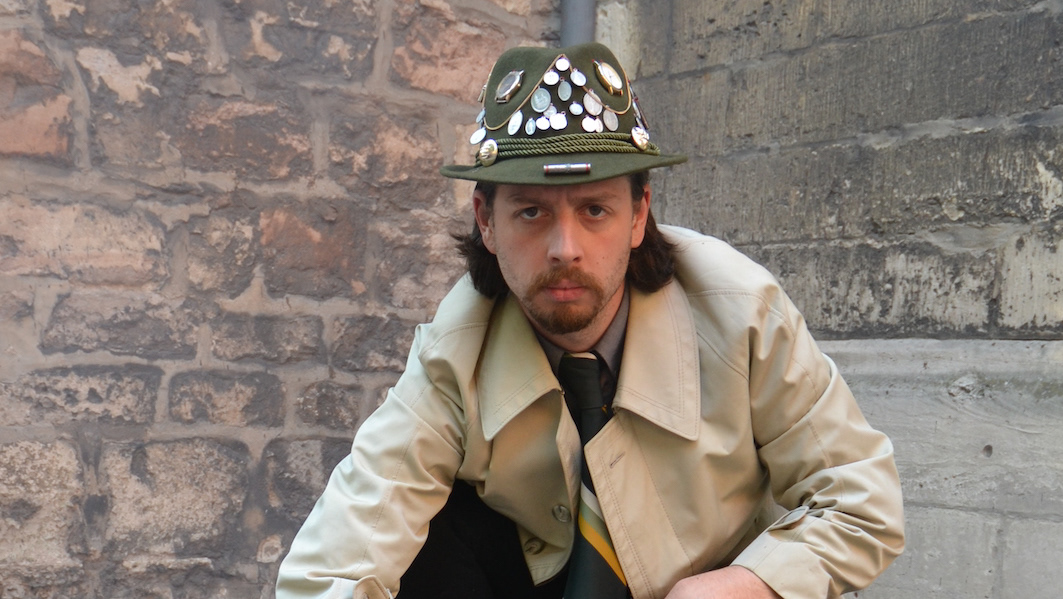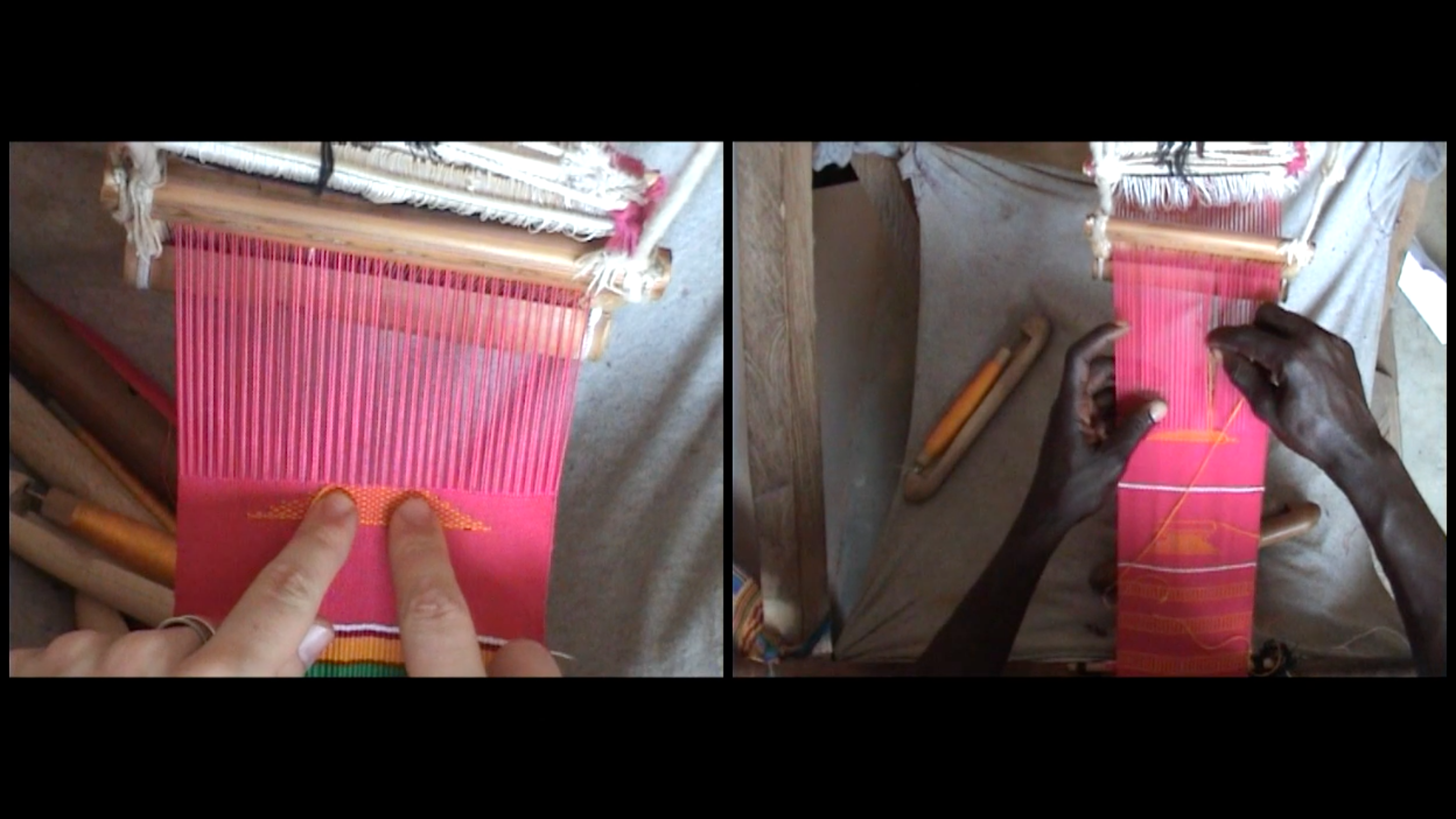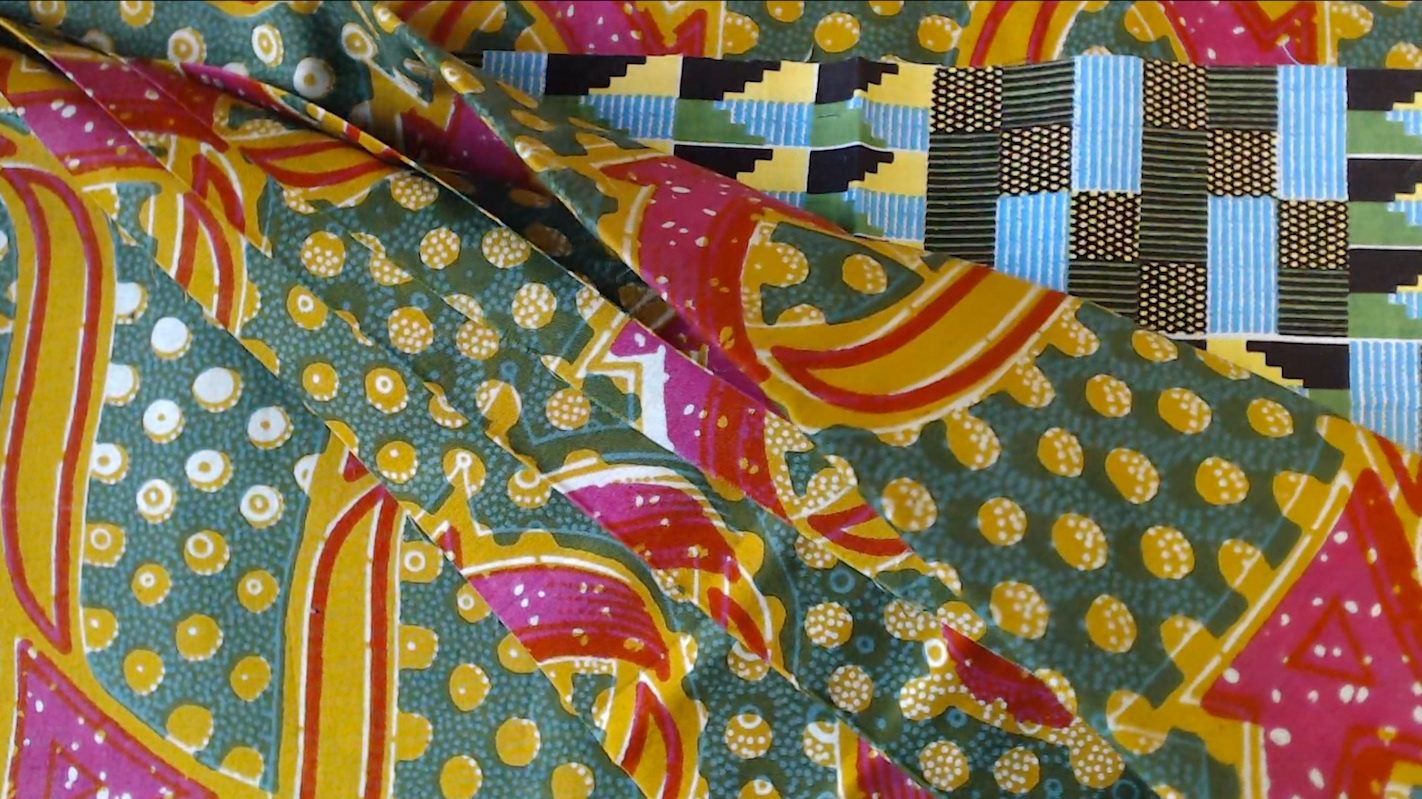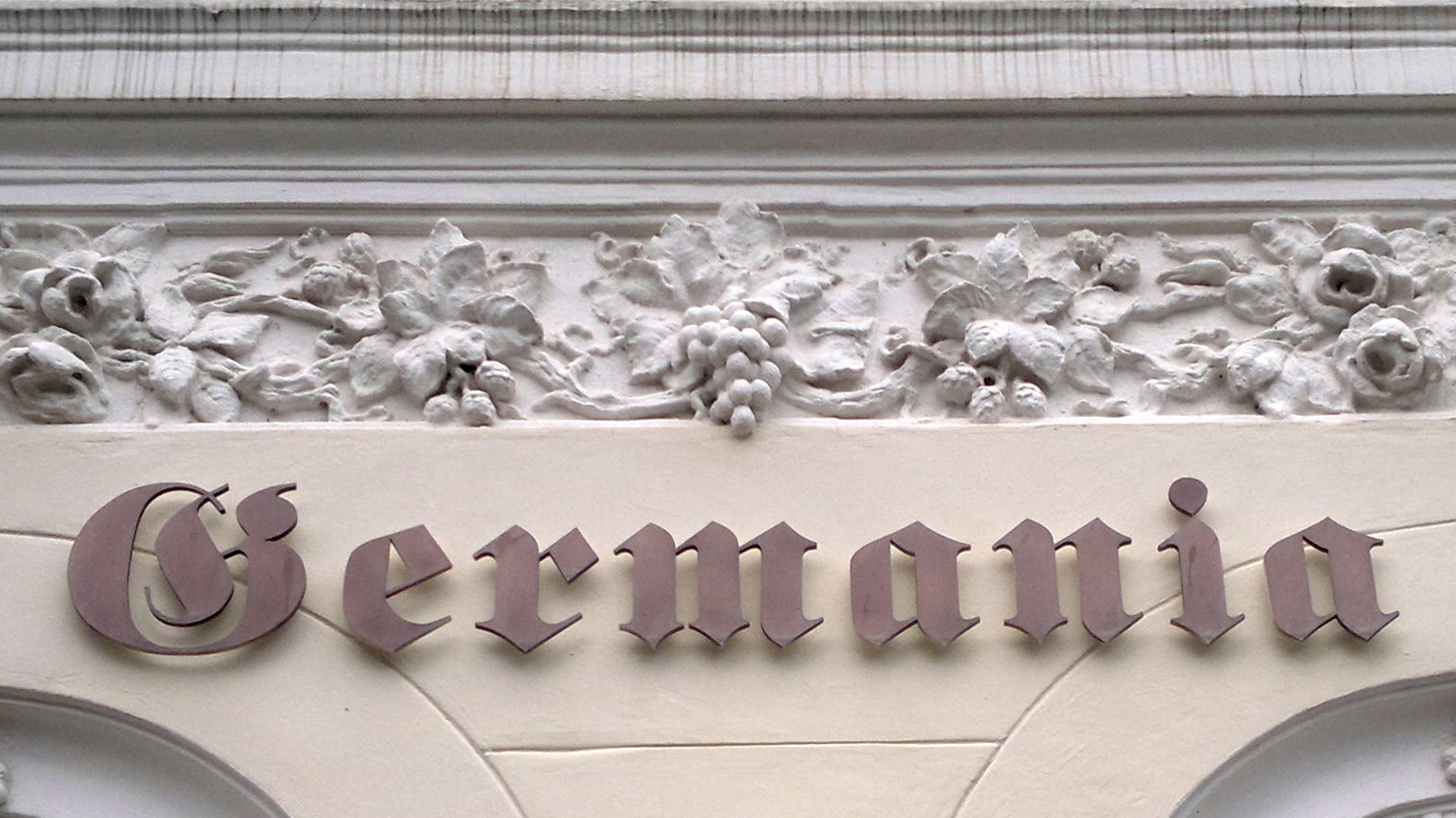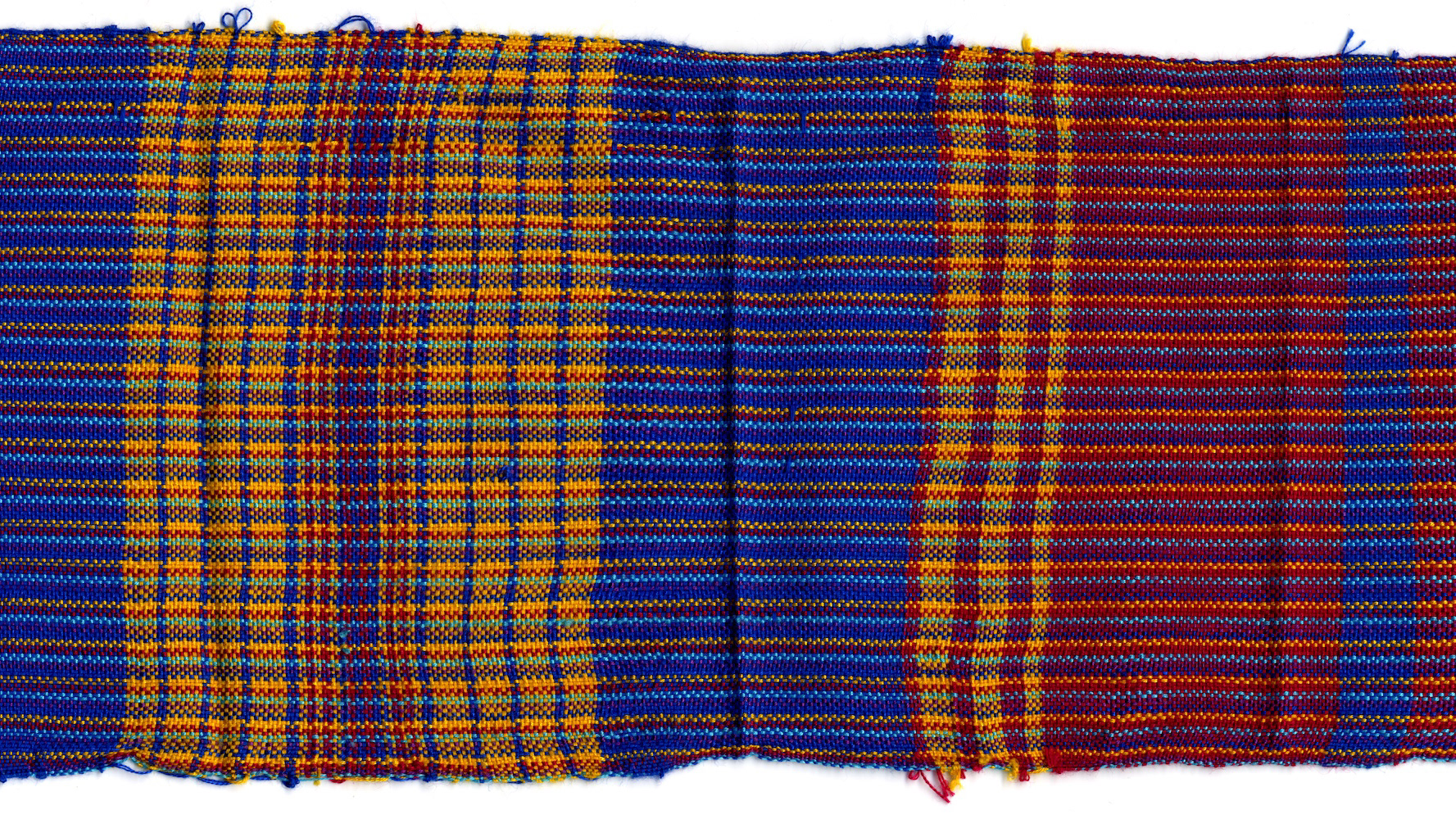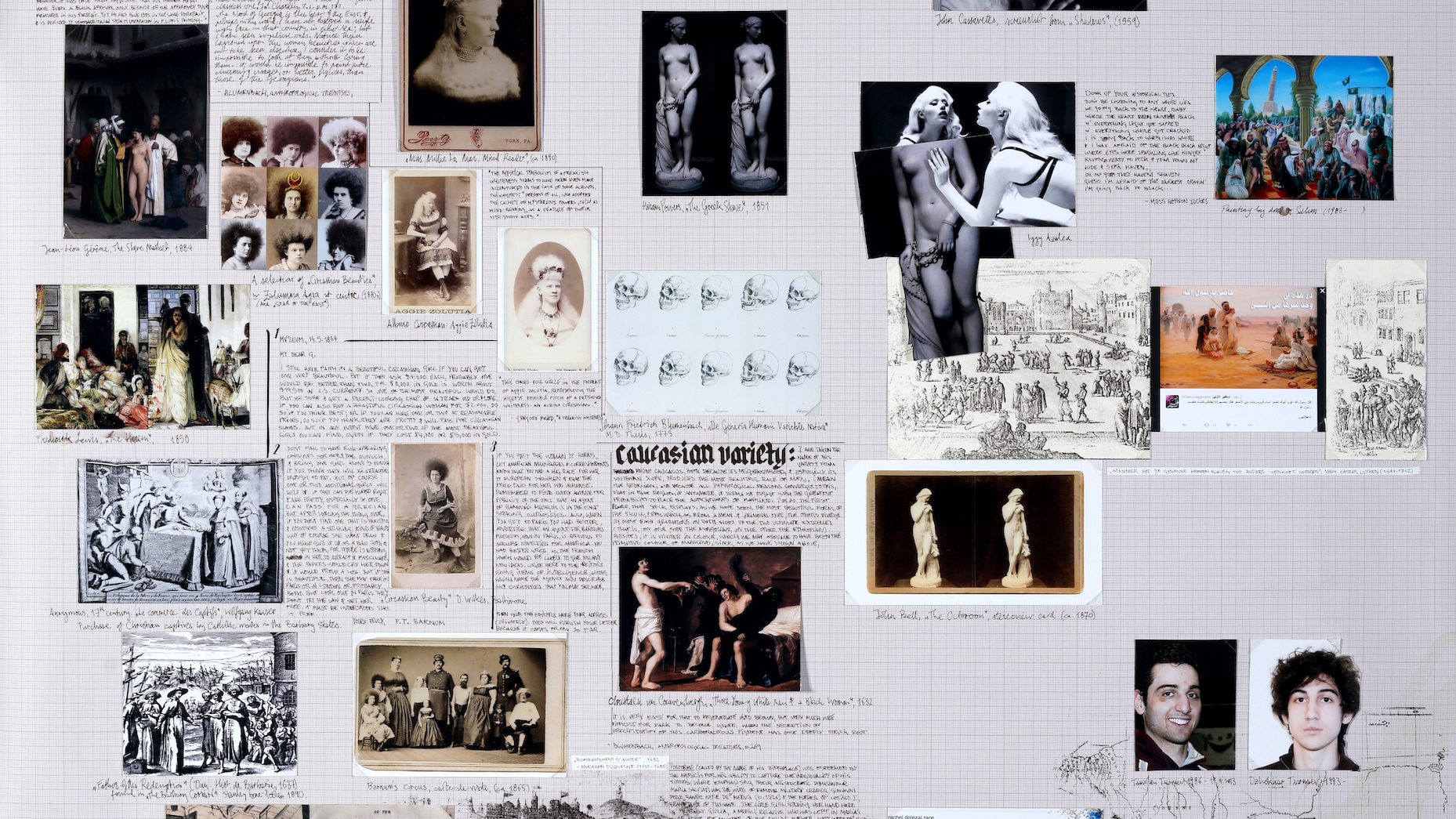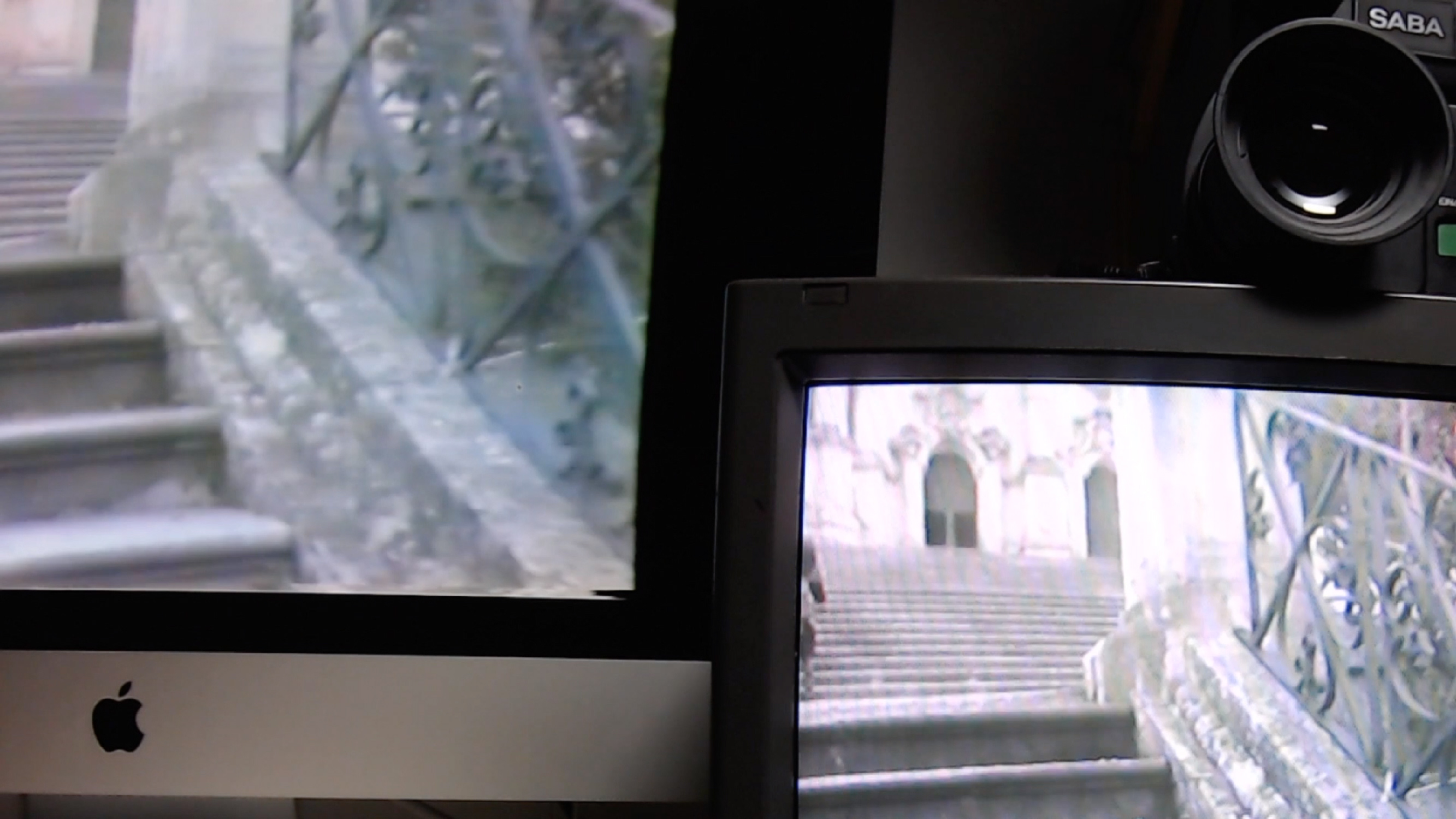Fabricating authenticity photo shoot in Koprivshtitsa. Pictured, from left: Brina Stinehelfer, Meyrick Kaminski, Nikolaus Schneider, Syrie Payne. June 2010.
Dhalaristan can be defined as a tribe which originates from a non-existent land. It arose out of a fascination with cultural authenticity, and the means by which authenticity is manufactured. Framed as an experiment, my intention was to discover if it would be possible to actively create culture, and at what point that culture becomes authentic to the insiders within as well as the audience without. A Folkloric troupe was devised and held weekly workshops in Berlin over a period of 6 months. Following this, a smaller section of “ambassadors” undertook a tour from Berlin to Istanbul, via the Balkans from May to July 2010. Meanwhile in Berlin, the rest of the troupe organised a float, a mobile embassy on wheels issuing stamps and visas, that took part in the Berlin Karneval der Kulturen.
Dhalaristan is a 4th world entity, which exists in space and time beyond the restrictive definitions of the nation-state. As such, wherever Dhalaristan performs or bases itself becomes temporary Dhalarii territory. Furthermore, Dhalarii citizenship is open to all - the only prerequisite is collaboration with the troupe. Therefore, Dhalaristan is modelled as a flexible model for the generation of meaning – as new members join the troupe, they too have the ability to edit and adapt the existing culture.
Aside from the cultural artefacts and intangible cultural heritage generated by the workshops and tour, video footage was then edited into episodes which in retrospect seek to further develop Dhalaristan’s cultural influence and unique mythology.
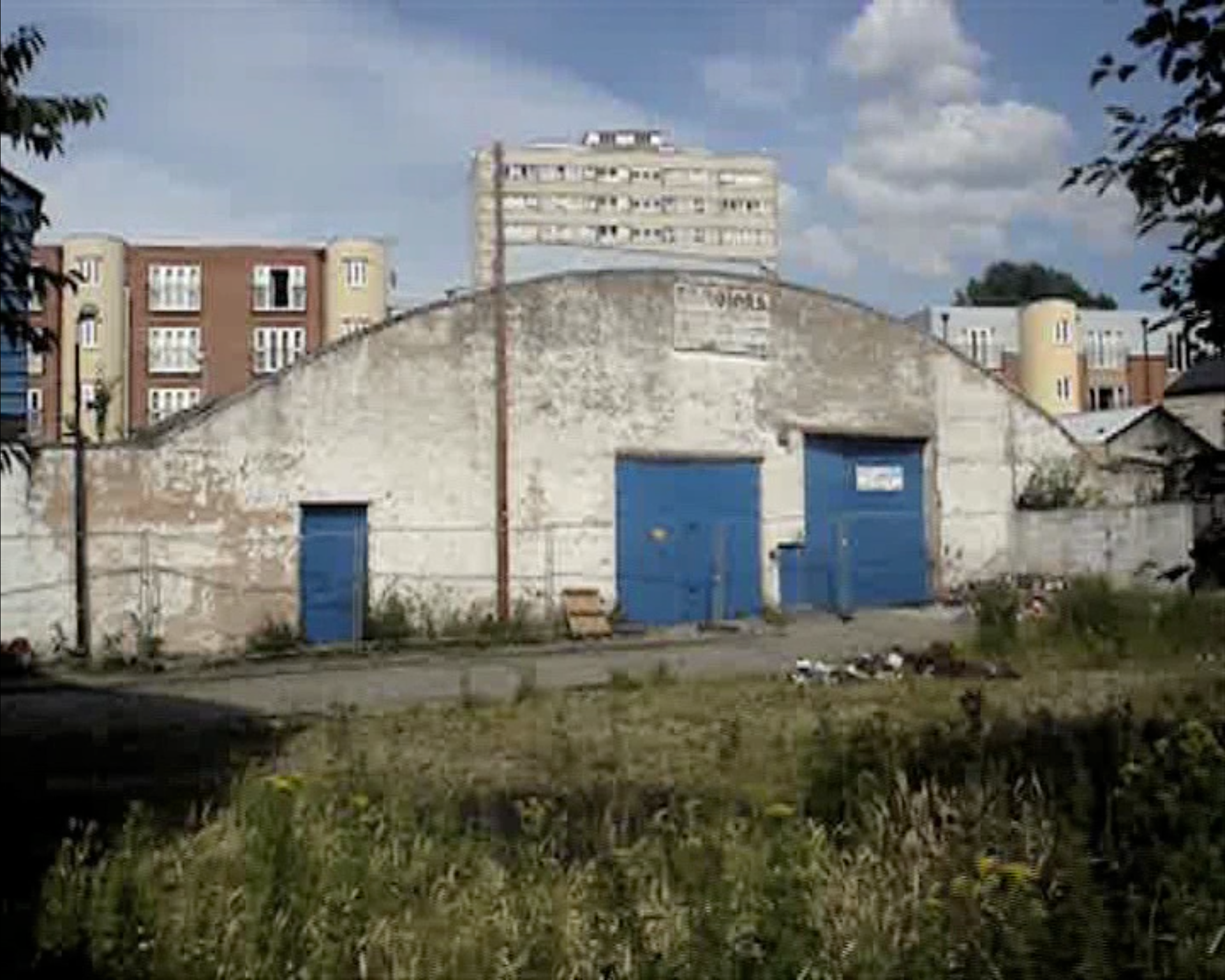
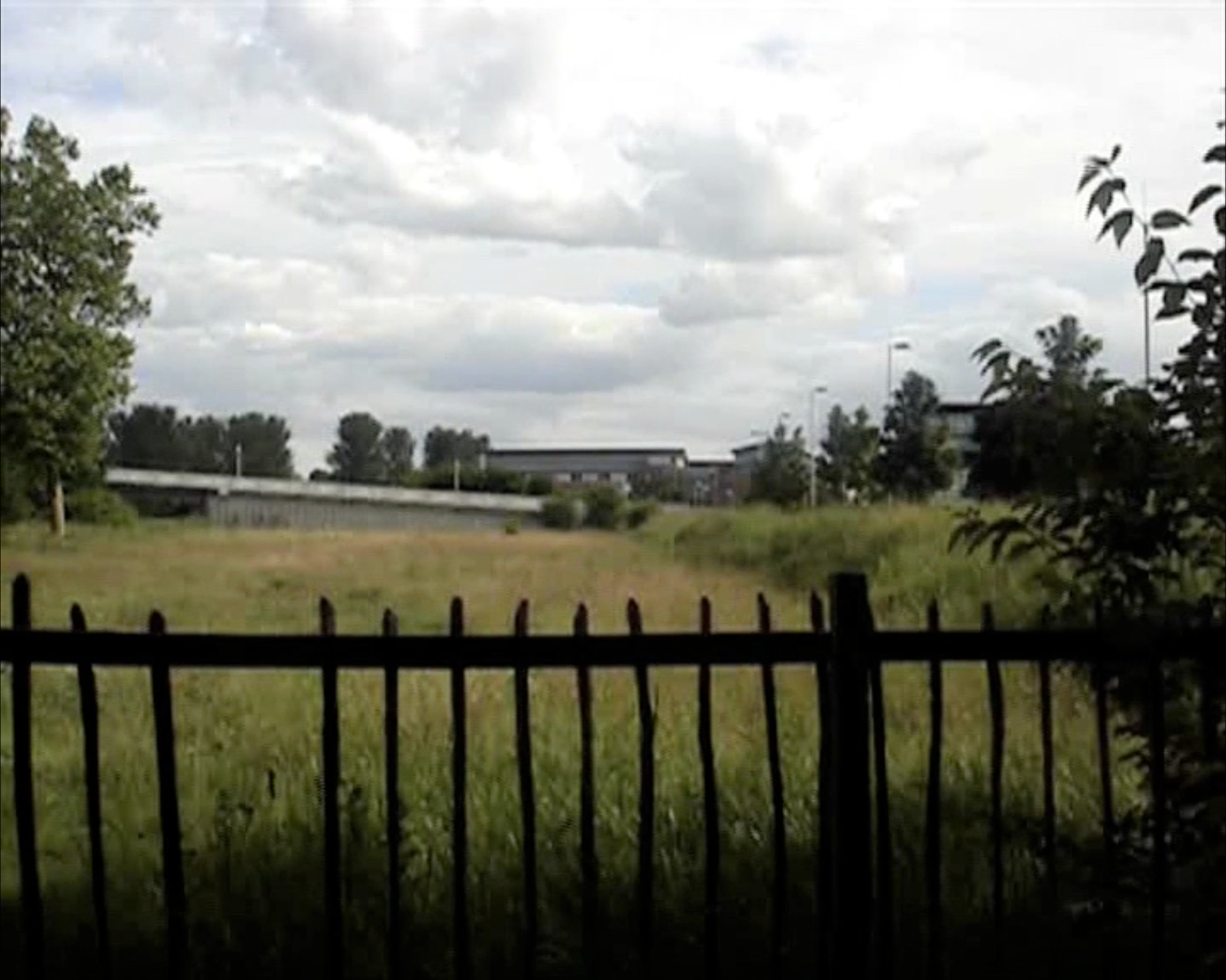
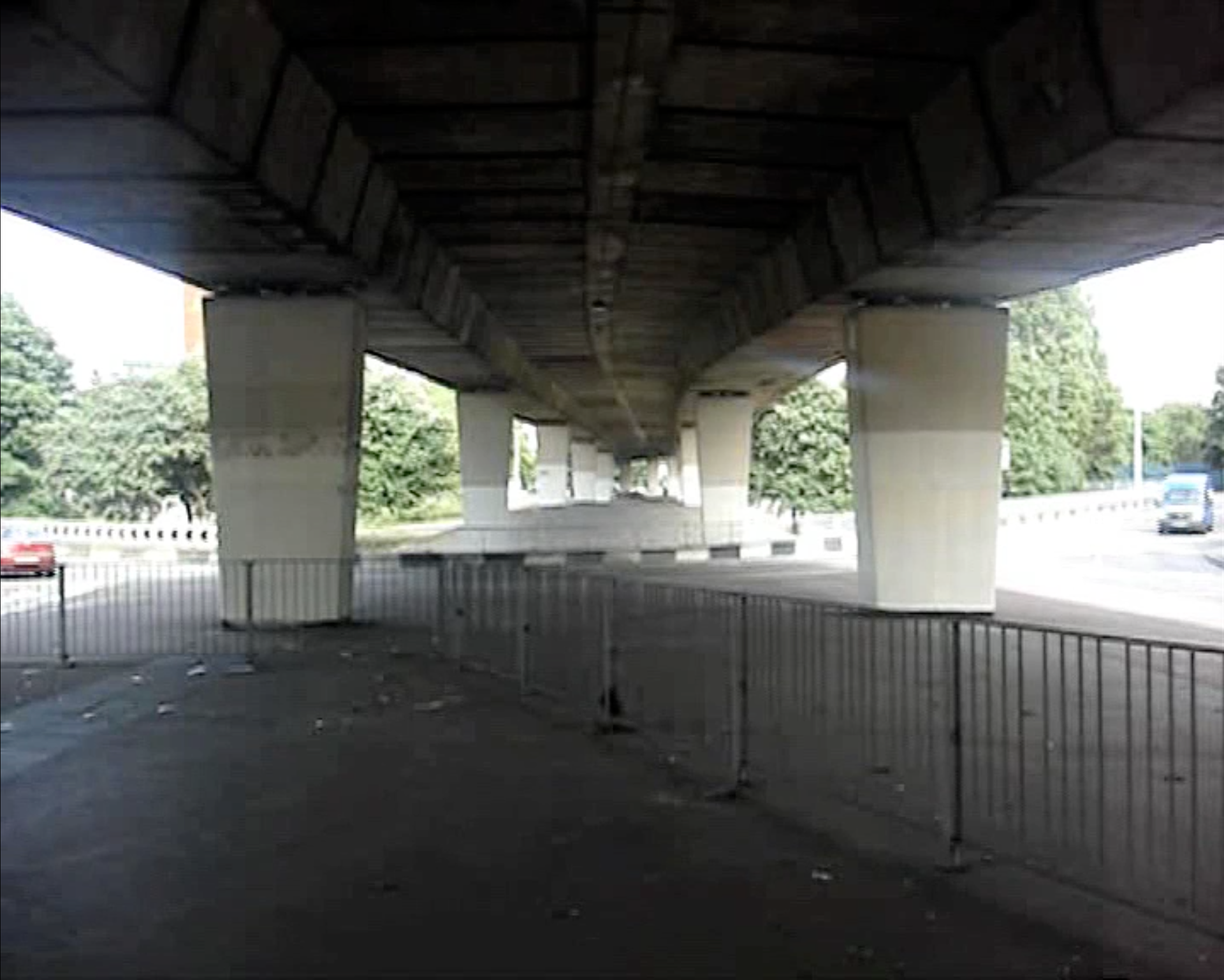
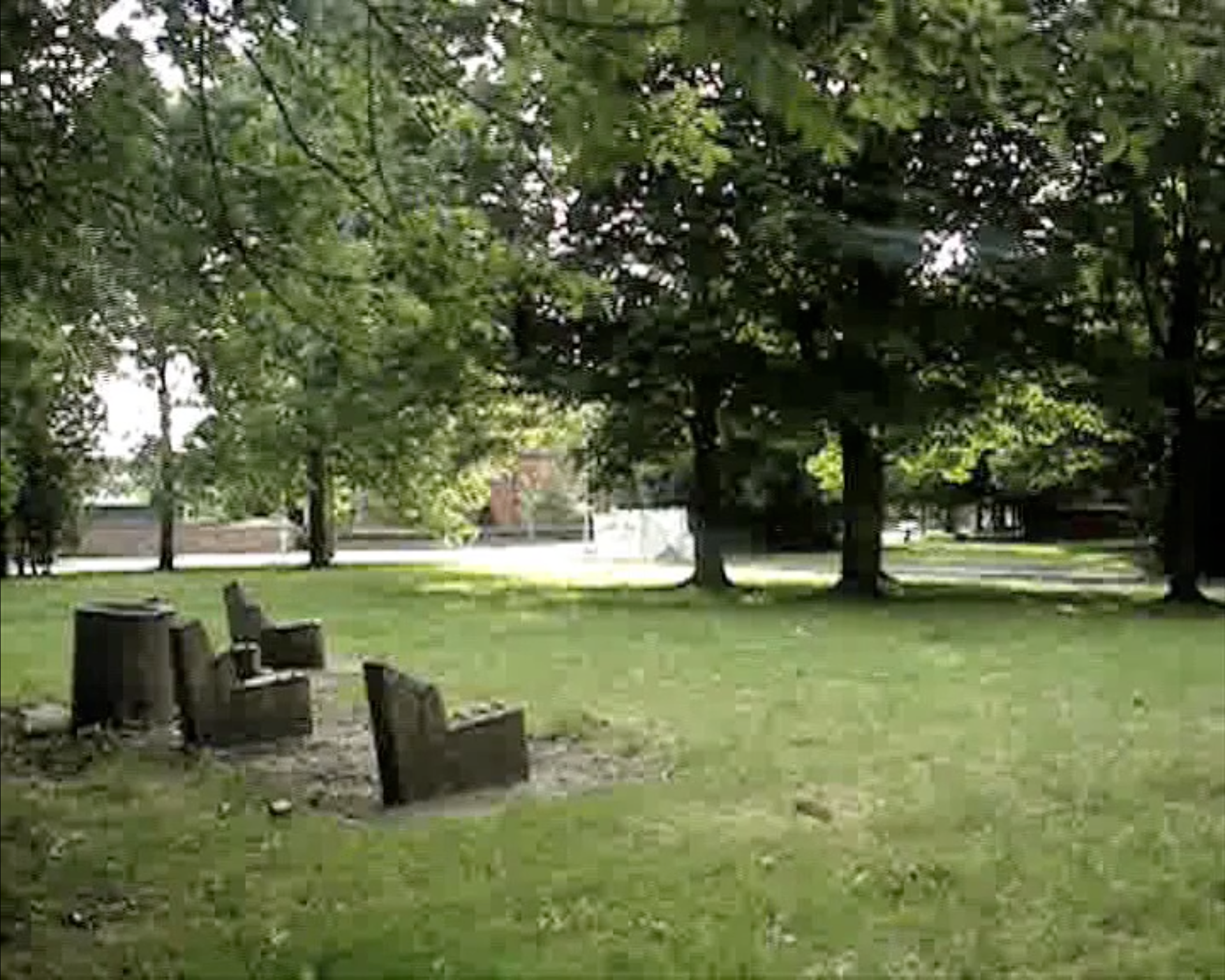
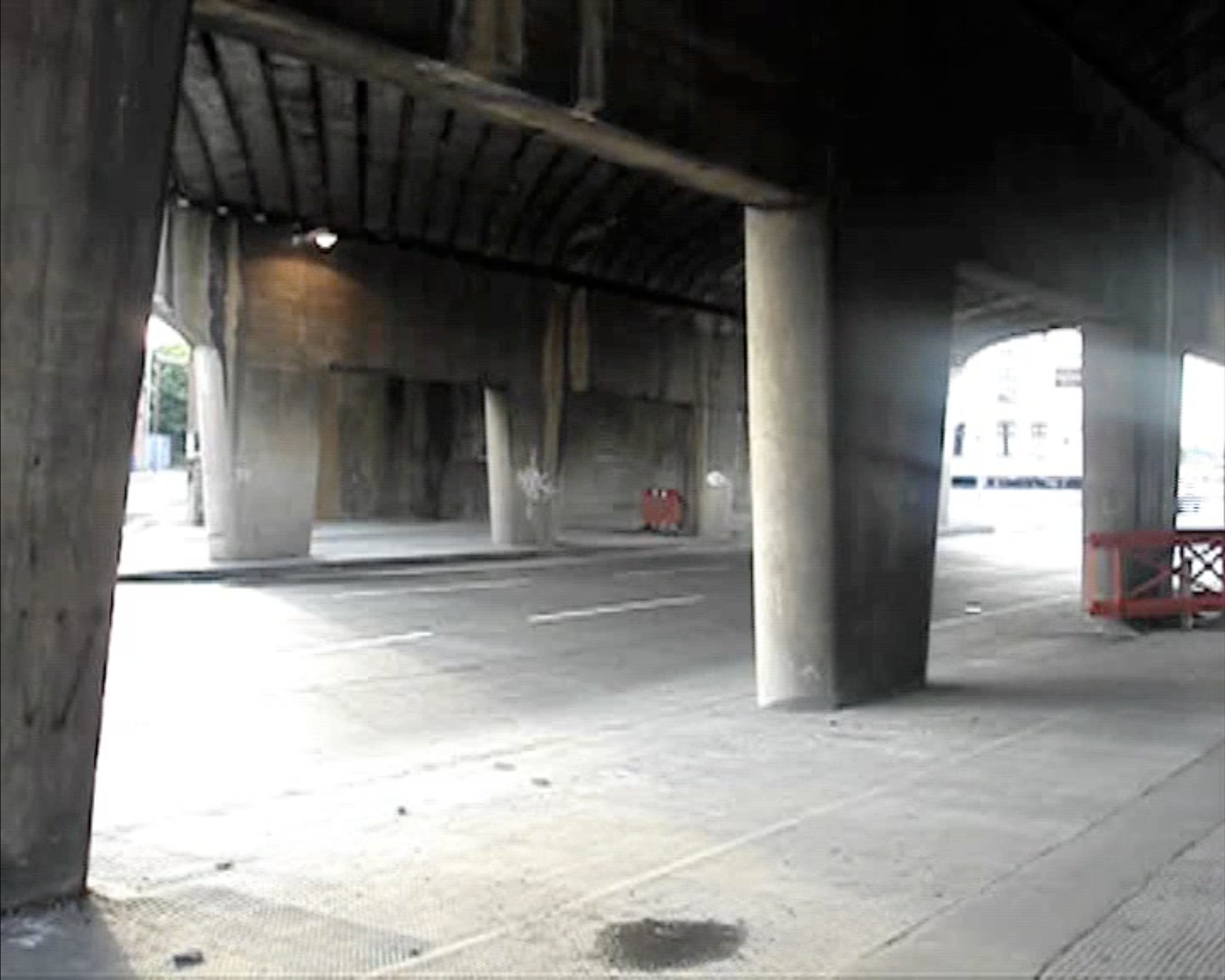
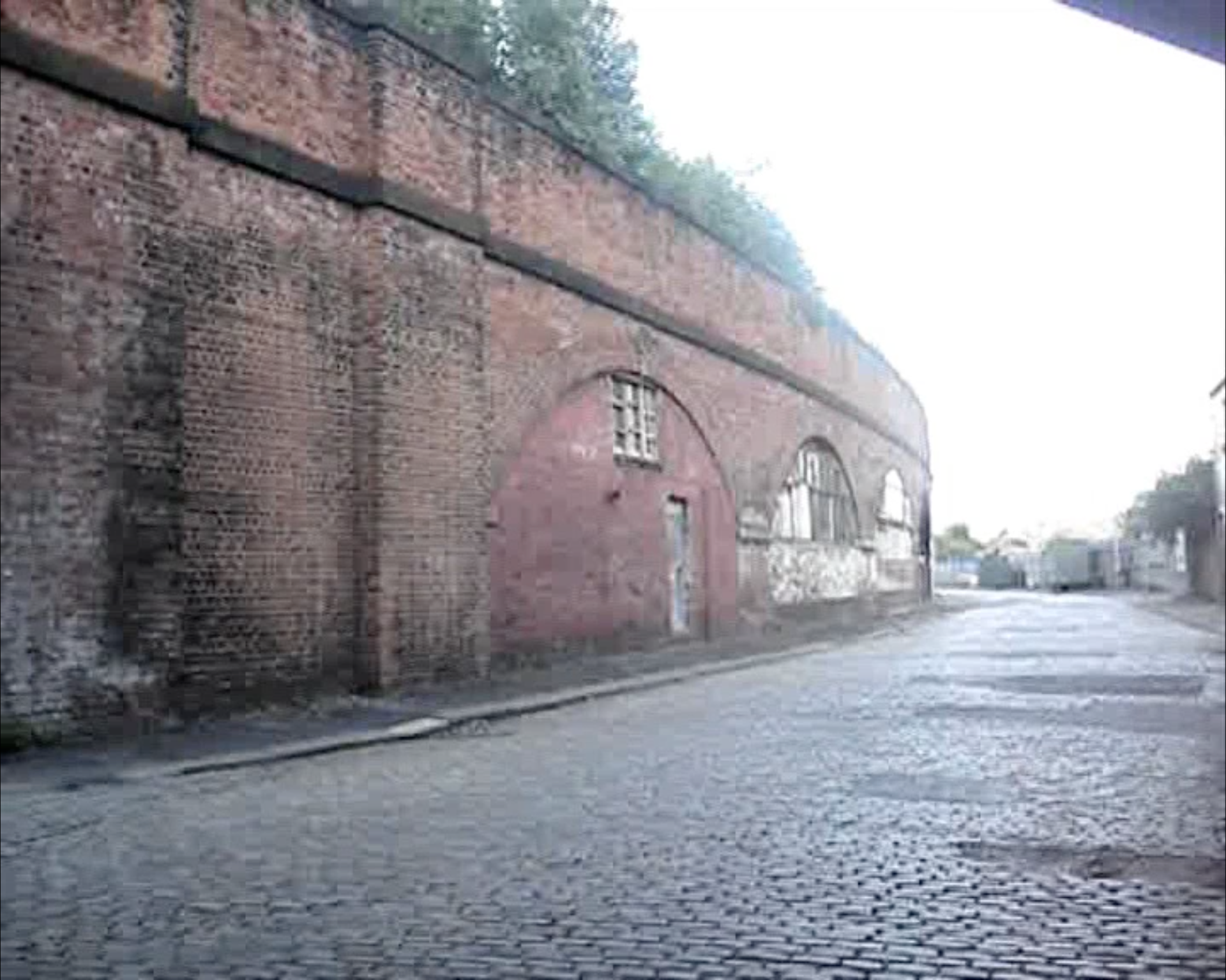
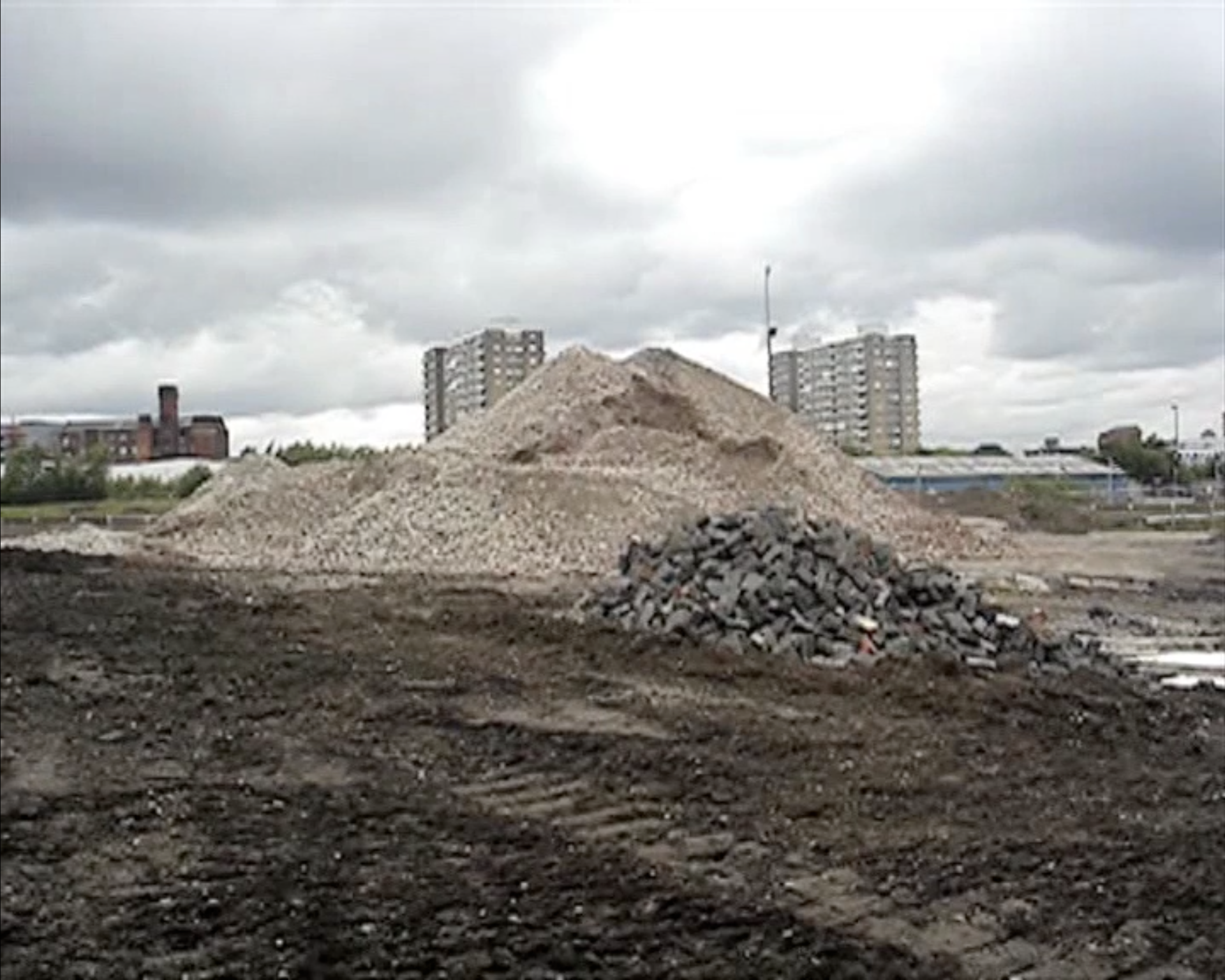
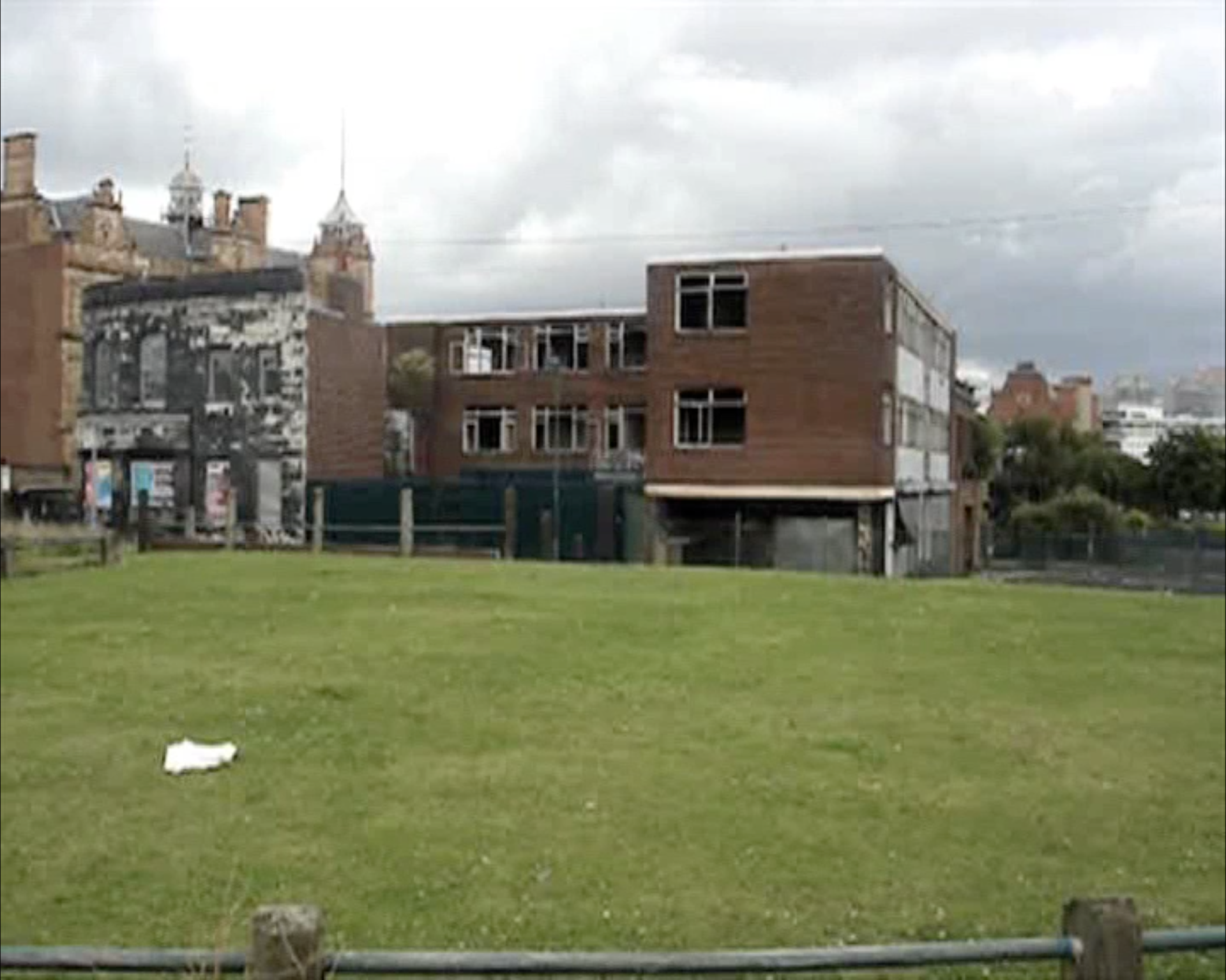
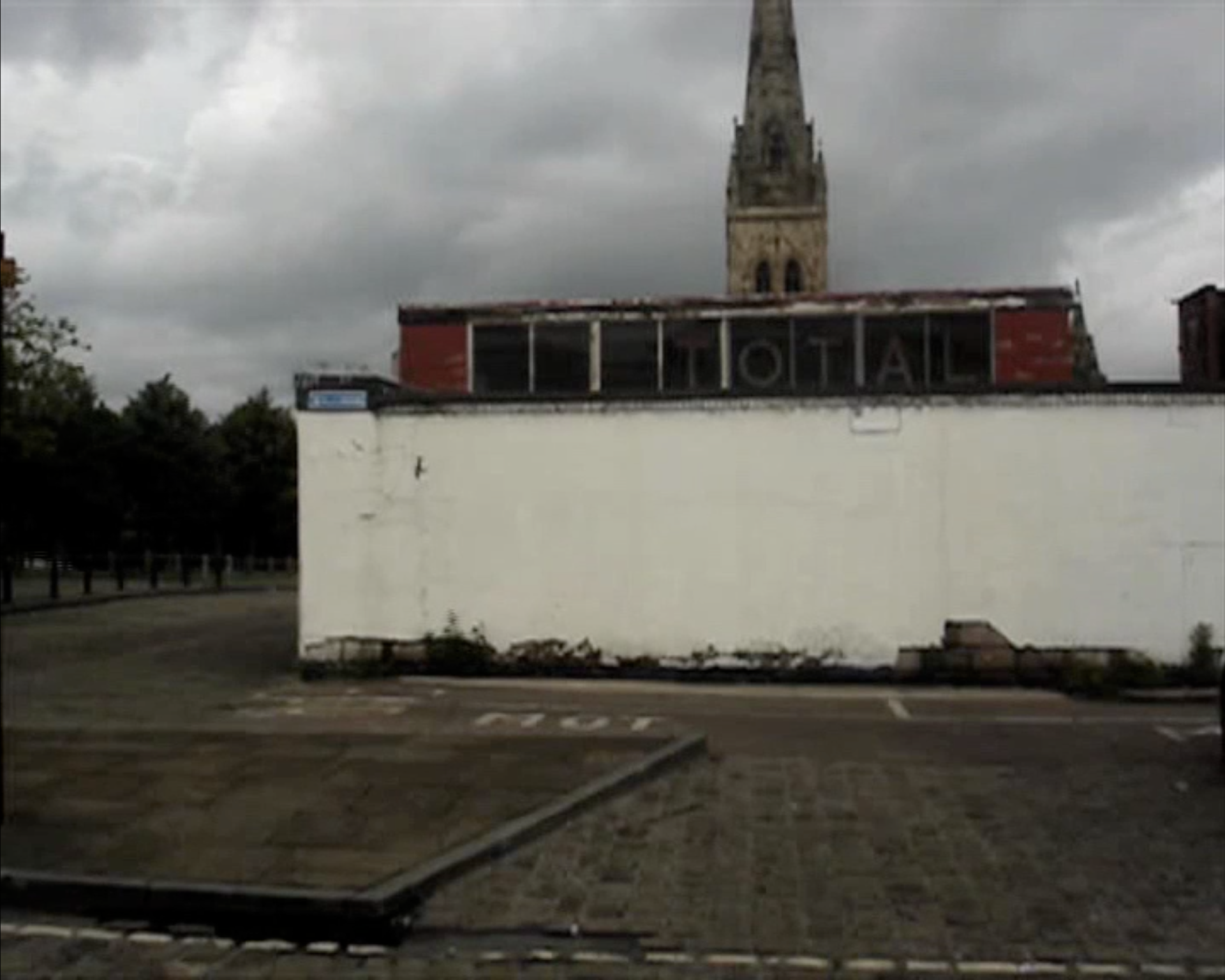
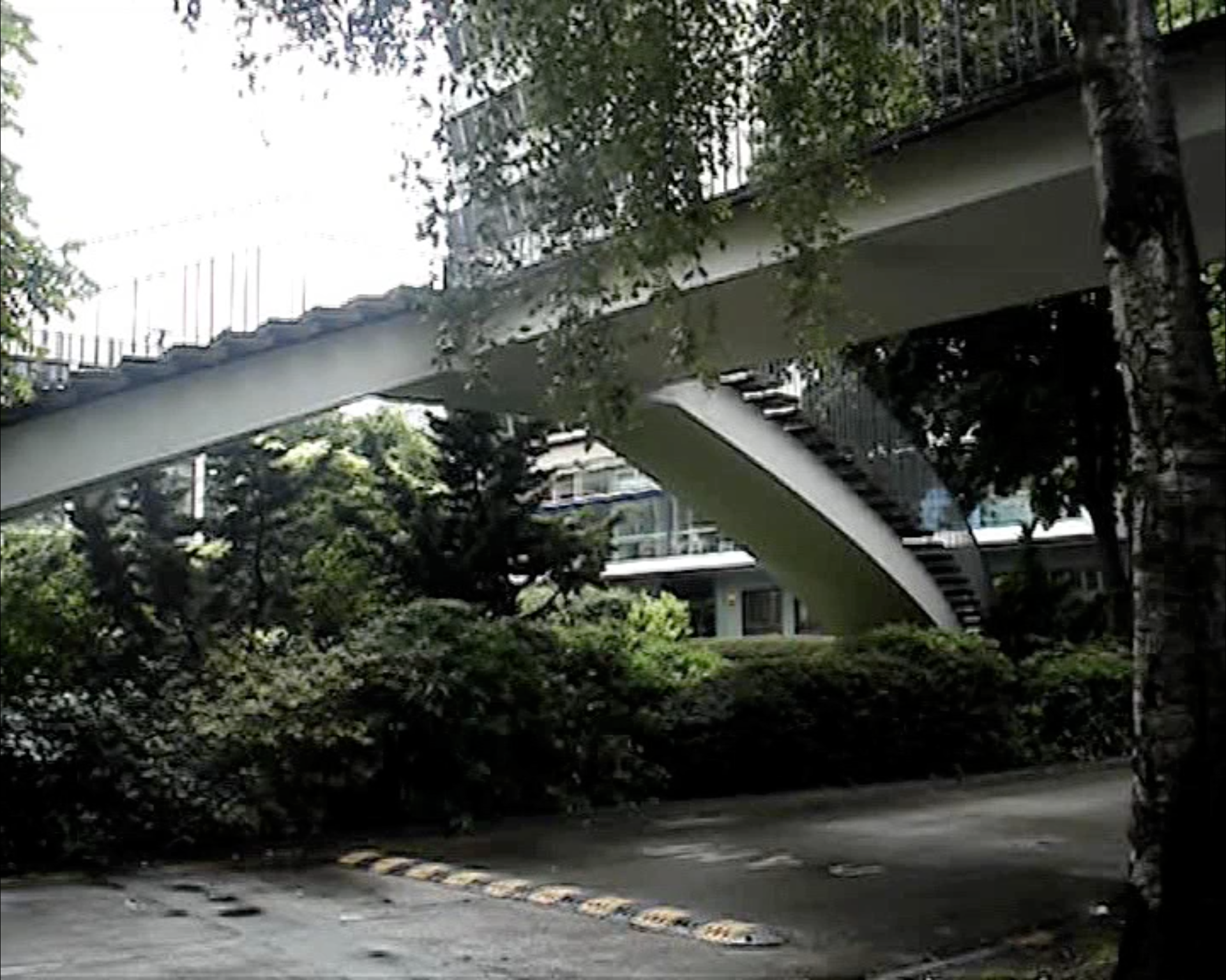
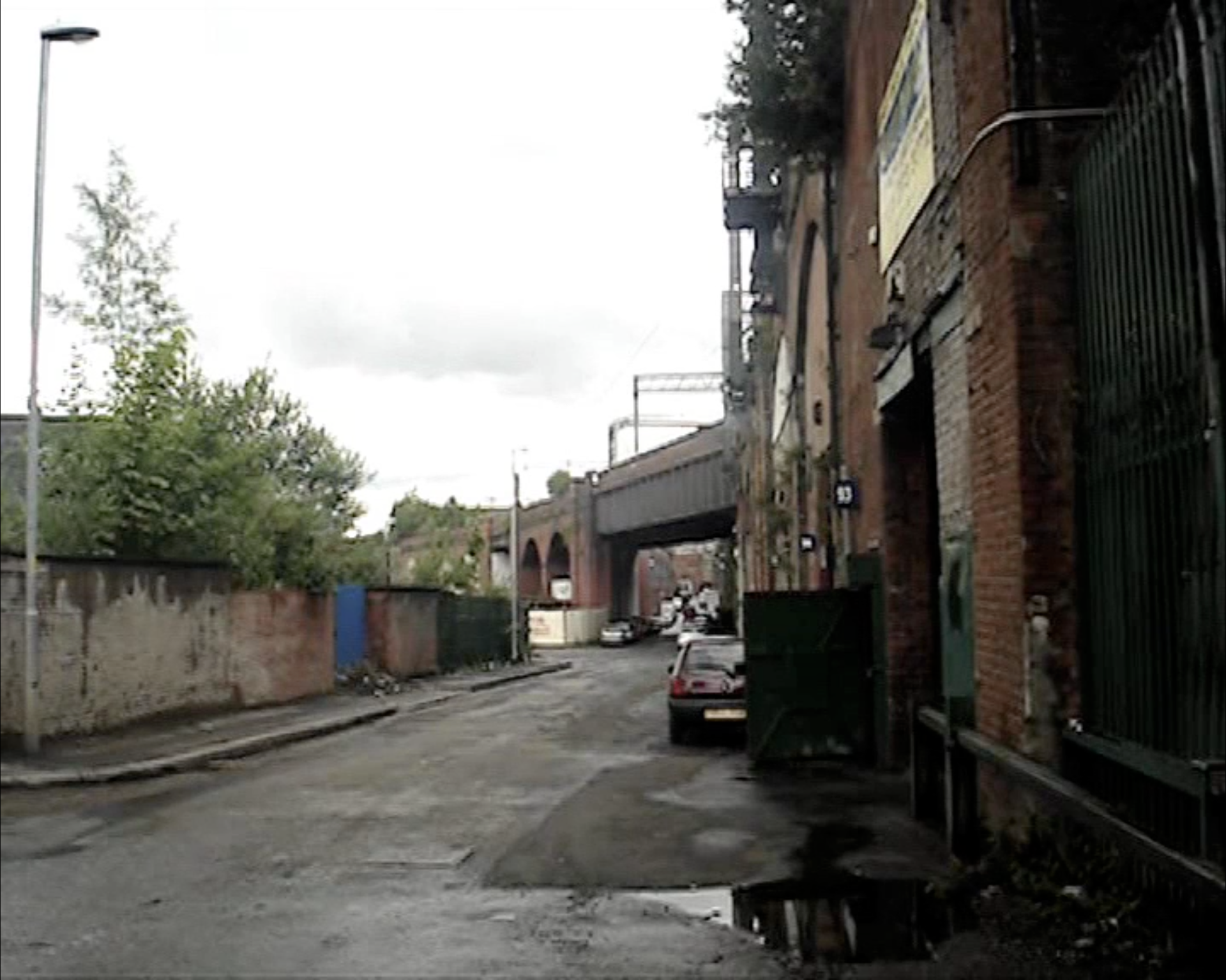
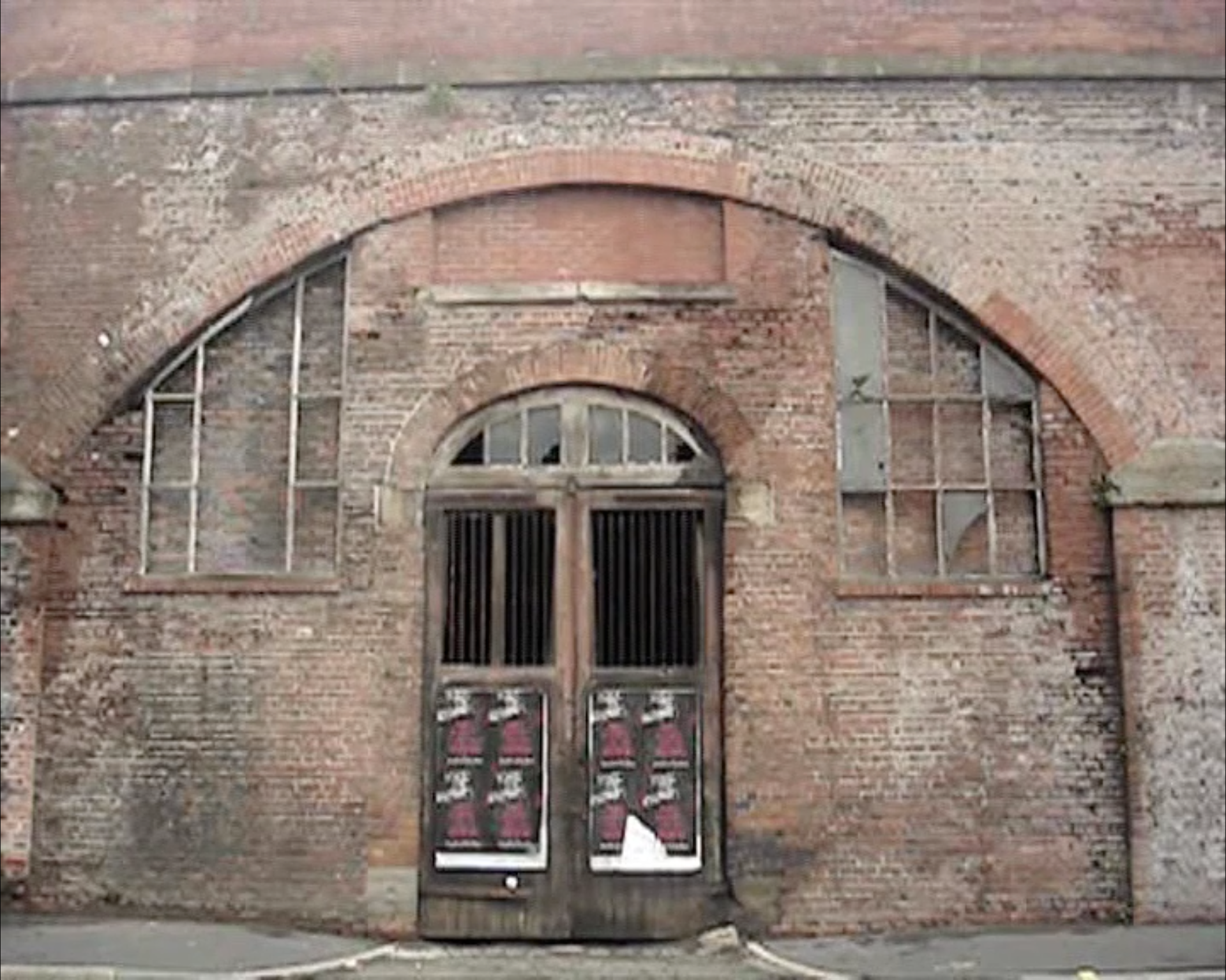
Tribe settings, stills from video footage compiled in Manchester, May 2008.
The tribe occupies a 4th world paradigm - which is to say they are an ethnic group without a nation-state.
Because the Dhalar are a group without a homeland, each performance of the troupe is simultaneously a temporary embassy, and a territorial claim.
The implication being that home, the locus of origin, meaning, our sense of identity and the factory of culture, is where you choose to situate yourself.
The implication being that home, the locus of origin, meaning, our sense of identity and the factory of culture, is where you choose to situate yourself.
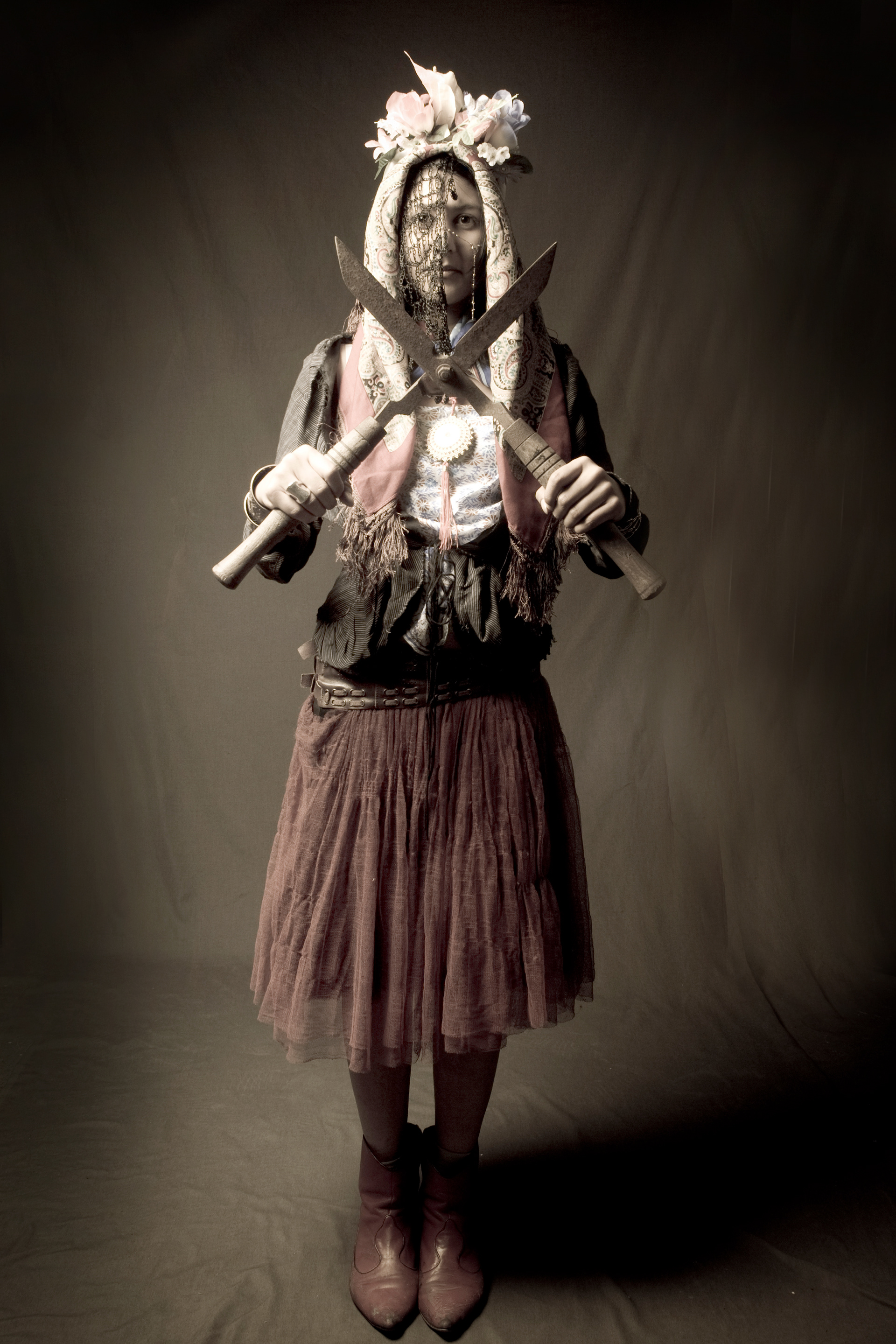
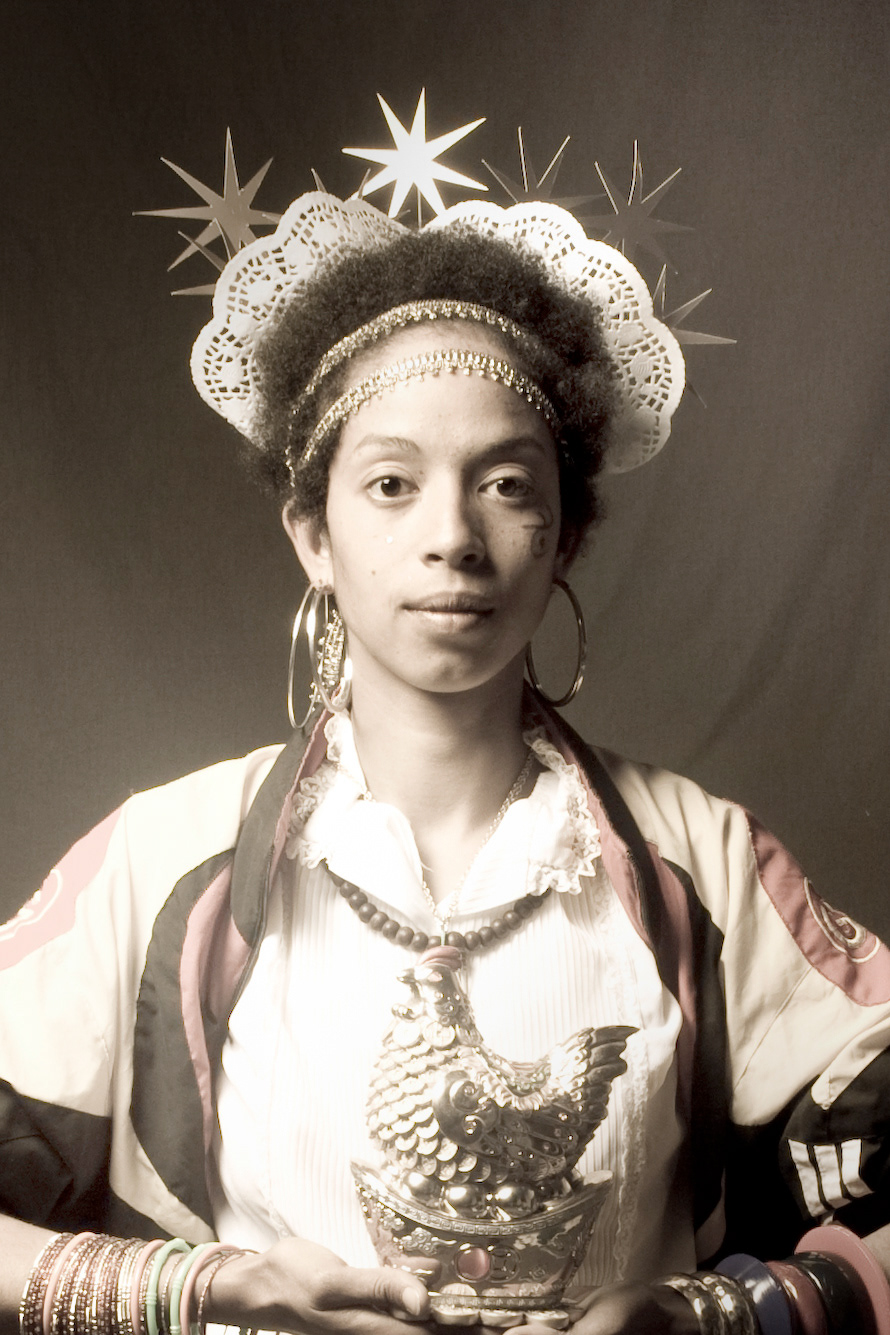
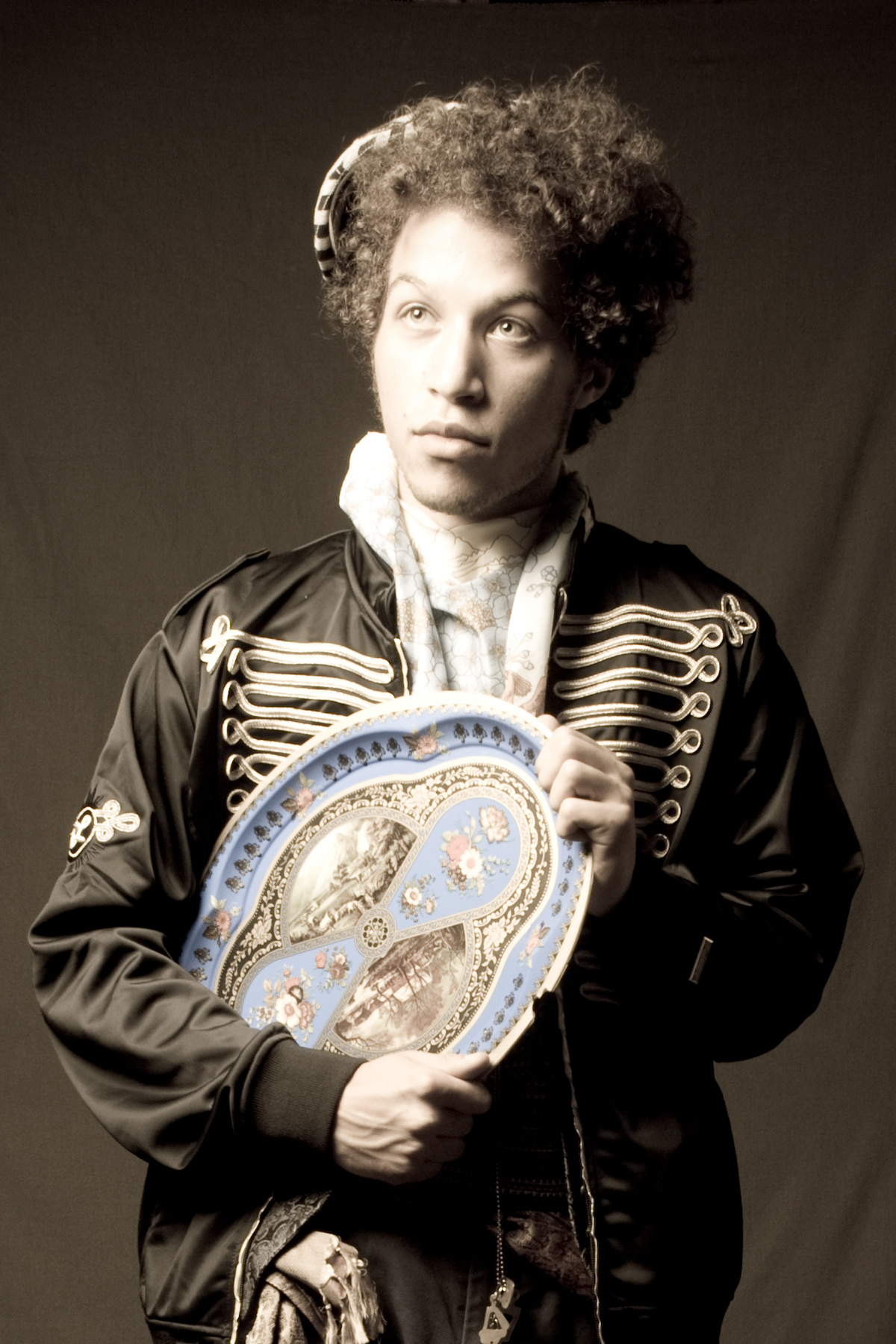
Selection of images from a photo shoot undertaken in Manchester in July 2008 Photos by Ranulph Redlin. Pictured from left: Chatelle, Feimatta, Murray.
The Folklore & Artistic Troupe of Dhalaristan was a collaborative, performative project, and simply could not have existed without the effort, time and dedication of many individuals who collectively comprise the identity that is Dhalaristan:
Manchester: Chatelle, Murray, Feimatta Conteh, Ranulph Redlin
Melbourne: Ana Marikit Tiquia, Zoë Stuart
Berlin: Justin Beard, Moss Beynon Juckes, Fenia Kotsopoulou, Sina Nikolaus, Syrie Payne, Nikolaus Schneider, Brina Stinehelfer, Julia Hayes, Margarita Tsomou, Aude Berranger, John-Erik Jordan, Mark Hansen, Julia Groom, Laura Jensen, Scott Bolden, Travis Meinolf, Cavana Hazleton, Samira Langhammer, Miyako Ishidate, Nina Jany, Eva Gloria Fernandez Perez, Barbara Toraldo, Maria Jose Gallego Muñoz, Pamela Chantal Alessandrini, Benjamin Anderson, Yana Radulova, Eszter Tompa, Emily Bereskin, Marie van Landeghem, Lara Babalola, Kate Ehrhardt, Craig McGuigan, I-wei Li, Bryn Chainey, Daren Stieglitz, Seán Beatty, Caitlin Rucker, Flavie Guerrand, Kathryn Fischer, Karsten Ehlers, Mono Welk, Francesca Ciarcardi, Emilia Sulek, Sahand Zamani, Heleen Gerritsen, Raina Gielge, Eva Yankawe, Lubomir Parnshev, Vaylo Kirilov, Noah Cinzia, Miroslav Bosnjak
Vienna: Uli Noll, Pál Szecsenyi, Julian Tronje
Novi Sad: Jasmina Graovac, Slobodan Stosic, Aleksandar Popadic
Skopje: Velimir Zernovski
Sofia: Mladen Alexiev, Lubomir Dragunov, Kristin Erhard, Vasil Mirchev, Prem Sajeev, Stoil Atarasov
Veliko Turnovo: Galin Popov, Momchil Momchilov, Petia Denevska, Vuokko Keiski, Yanina Aleksieva, Anita Tsekova, Ivelina Ruseva, Briana Koinova, Lilyana Georgieva, Ivelina Ruseva, Silvia Nedelcheva, Gergana Haralampieva, Alexander Petrov
Istanbul: Su Güzey, Pinar Özer, Türkay Saydamer
...and the many others who participated in the Karneval der Kulturen and the Turbofolkbüro along the way.
